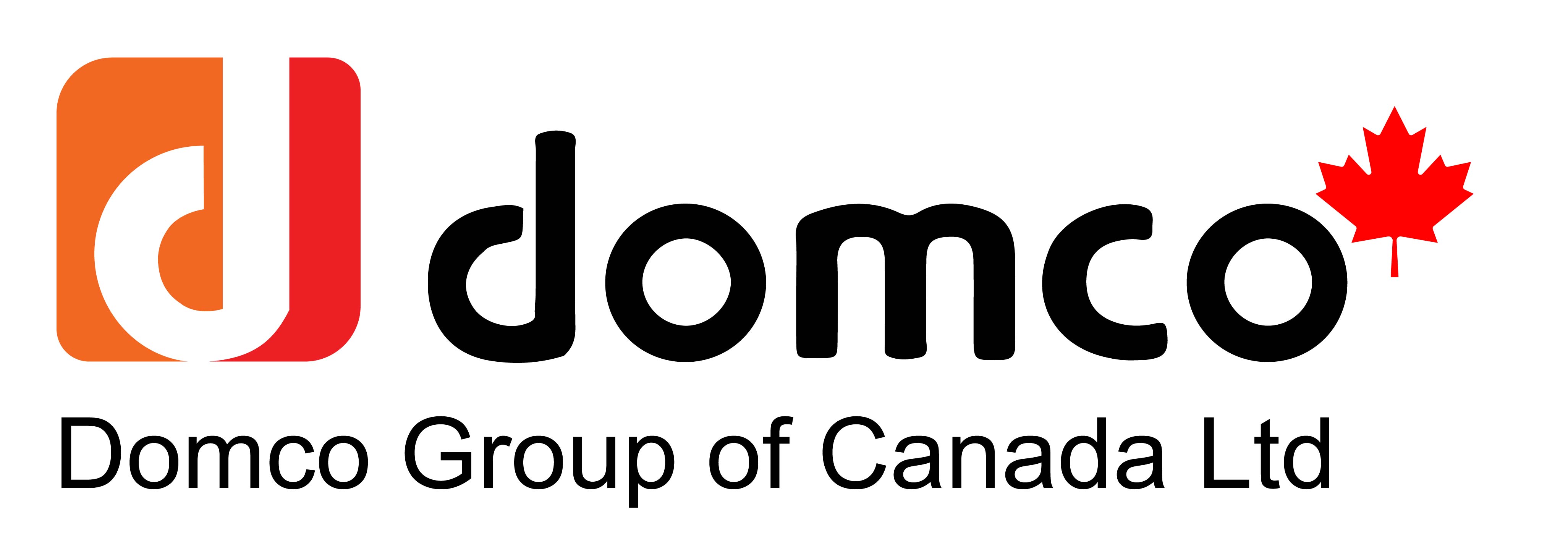
In today’s ever-evolving world, remote camp and facility management have become vital components of various industries. From mining and construction sites to research facilities in isolated regions, the need to efficiently manage these remote locations is undeniable.
In this article, we will delve into the intricacies of remote camp and facility management, emphasizing the importance, challenges, and strategies for success in this field.
The Importance of Remote Camp Management
Efficient remote camp management is not just a matter of convenience; it is crucial for several compelling reasons. In the context of personnel stationed in remote areas, it plays a pivotal role in ensuring their well-being and productivity, making it an indispensable component of operations in challenging environments.
Well-Being and Productivity
A well-managed remote camp contributes significantly to the well-being of the personnel stationed there. These individuals often find themselves in isolated and demanding locations, far from the comforts of urban living. In such settings, a comfortable and supportive living environment becomes a sanctuary, nurturing both physical and mental health.
Comfortable Living Environment: Remote camps that prioritize comfort provide personnel with a sense of security and belonging. Comfortable accommodations, clean and well-maintained living spaces, and adequate privacy are integral to creating an environment where employees can rest and rejuvenate after long and demanding work hours.
Proper Nutrition: The provision of proper nutrition is another crucial aspect. In remote locations, access to fresh and healthy food can be limited. Therefore, remote camp management must ensure that nutritious meals are readily available. A well-balanced diet not only supports the physical health of personnel but also enhances their cognitive abilities and overall mood.
Morale and Performance: A content workforce is a productive workforce. Remote camps that go the extra mile to provide recreational facilities and activities offer personnel a much-needed opportunity for relaxation and enjoyment during their off-duty hours. Engaging in activities like sports, games, or entertainment not only relieves stress but also fosters camaraderie and teamwork among the staff. High morale and a sense of belonging are catalysts for improved performance and dedication to the job.
Safety and Environmental Compliance
In addition to employee well-being and productivity, remote camp management is a linchpin for adhering to safety and environmental standards. In challenging environments, the importance of these aspects cannot be overstated.
Safety: Remote locations often present unique safety challenges, such as extreme weather conditions, the risk of accidents, and limited access to medical facilities. Efficient camp management includes robust safety protocols, emergency response plans, and regular safety drills to ensure the welfare of personnel.
Environmental Standards: Responsible remote camp management embraces practices that reduce the environmental impact of operations. This includes waste reduction, energy conservation, and water management. By implementing eco-friendly solutions and minimizing the carbon footprint, remote camps can contribute to a sustainable future and align with regulatory environmental standards.
Challenges Faced in Remote Facility Management
Remote facility management is a complex task that brings forth a multitude of challenges. As we delve into the intricacies of overseeing operations in remote locations, it becomes evident that distance from urban centers presents a unique set of hurdles.
Logistical Challenges
One of the foremost challenges in managing remote facilities is the logistics of procuring supplies and addressing emergencies. The remoteness of these locations often translates to limited accessibility. This can result in delays in the delivery of essential materials and equipment, affecting the seamless operation of the facility.
Moreover, the need to transport goods over long distances may escalate transportation costs, impacting the budget. Finding efficient solutions to mitigate logistical challenges is crucial in remote facility management.
Extreme Weather Conditions
Remote facilities are often situated in regions where extreme weather conditions prevail. Harsh climates, such as freezing cold or scorching heat, can pose serious risks to personnel and equipment. Inclement weather can disrupt operations, leading to downtime and potential safety concerns.
In such situations, it’s imperative to have contingency plans in place, which should include provisions for shelter, equipment maintenance, and emergency response protocols to ensure the well-being of the personnel and the facility’s functionality.

Limited Access to Medical Facilities
Remote locations are notorious for their limited access to medical facilities. In cases of accidents or health emergencies, the absence of nearby hospitals or medical clinics can be life-threatening. Ensuring the safety and health of personnel in remote facilities becomes a paramount concern.
To address this challenge, remote facility management should prioritize the presence of trained medical personnel equipped with first-aid supplies and establish communication channels for emergency medical assistance. Regular health check-ups and safety protocols are additional measures to safeguard the well-being of the workforce.
Sustainability of Operations
Sustainability is another issue that deserves significant attention in remote facility management. The challenge lies in balancing the need for resource consumption with responsible environmental practices. The environmental footprint of remote facilities can have long-lasting consequences for the ecosystem.
To address this, remote facilities should adopt sustainable practices, such as reducing waste, conserving energy, and implementing eco-friendly solutions. Utilizing renewable energy sources and minimizing water consumption not only benefits the environment but also contributes to cost savings in the long run.
Bottom Line
Remote camp and facility management is an essential part of many industries. Efficient management ensures the well-being and productivity of personnel while addressing the unique challenges of remote locations. Embracing technology, sustainability, and safety measures is the key to success in this field.


Leave a comment